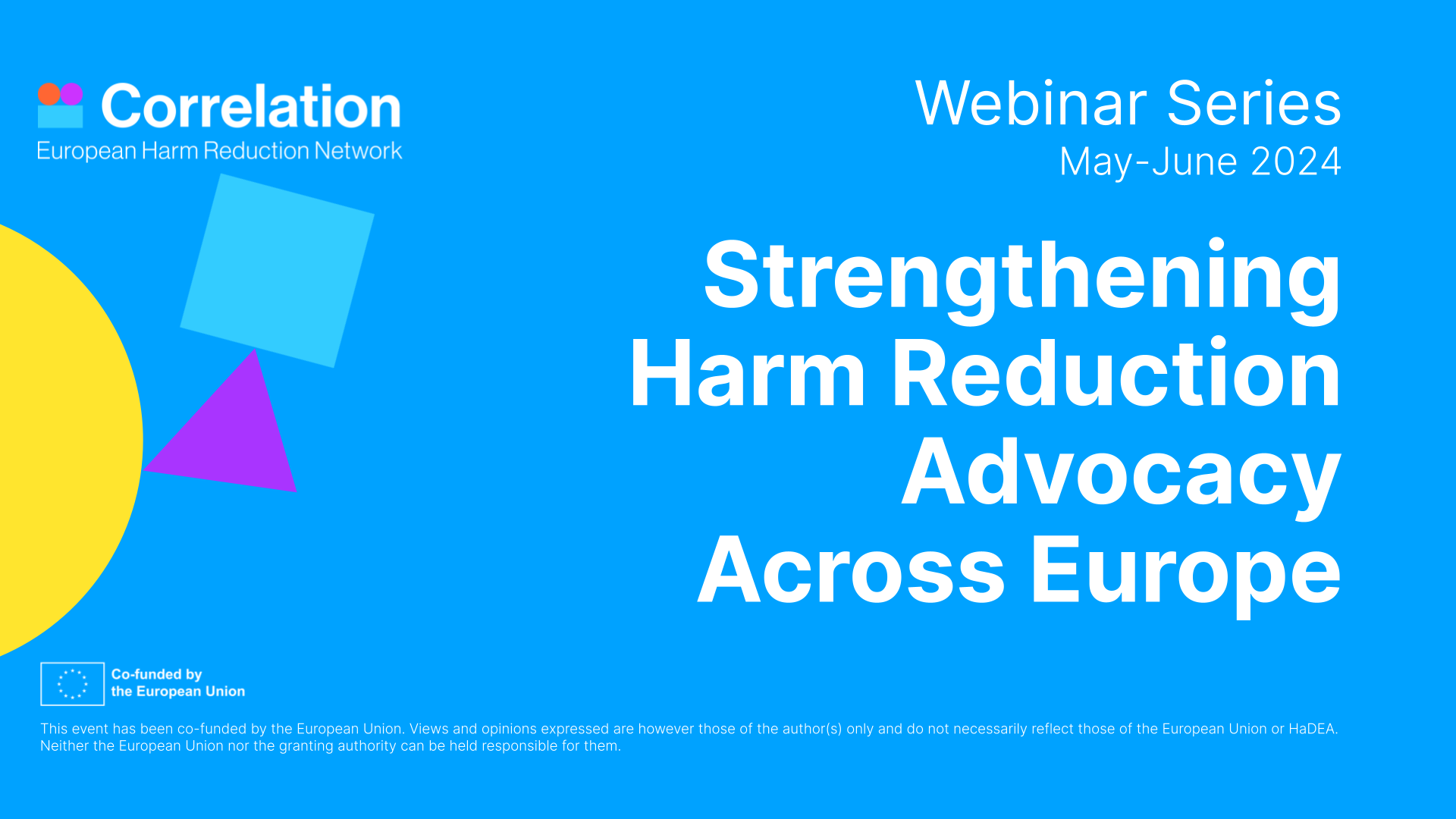
Adam Holland is a public health doctor, a #drugpolicy researcher and one-time filmmaker as he puts it. Adam primarily works on the ethical implications of and evidence for drug policy and harm reduction interventions. We collaborated with Adam for our very first European Harm Reduction session, replacing the 5th European Harm Reduction Conference. Watch his warm hello from a “fairly” grey Bristol and read about his passion in his interview.
1) Can you tell us about your background?
I work as a public health doctor in the UK, in training to become a public health consultant. Before specializing in public health, I worked in clinical medicine, and studied philosophy and the history and philosophy of science. During my public health training I have become particularly interested in harm reduction approaches and the empirical and ethical arguments for drug policy reform.
2) How would you describe your work in general?
During our training we work on various public health issues but much of my work has revolved around harm reduction and drug policy, in local government and academia, looking at the evidence for different approaches and the barriers to their introduction.
3) What drives you personally to work in your area of work?
A key consideration working in public health is that prevention is better than cure. For example, if you can stop someone contracting a blood borne virus by ensuring the provision of sterile injecting commodities, that can reduce the suffering and costs related to contracting the virus and its treatment. Another important aspect is the social determinants of health. Most of the time, the political and socioeconomic contexts that people live in have a much more profound effect on their health than how good their local hospital is and policy-related harm is just as much of a public health issue as drug-related harm. Promoting ideas like these, to me, seems like a good reason to go to work in the morning (or in the pandemic era, to go to the desk on the other side of my bedroom).
4) What is your current focus?
I recently made a short documentary, Putting UK Drug Policy into Focus, about some of the problems with a criminal justice approach to drugs. This was launched at the European Harm Reduction Conference, which is how I ended up working with the excellent Correlation Network.
5) Why do you think that your current focus is important?
In democratic societies, the electorate can give politicians the mandate to change policy or hold them to account if they do not. For many people, the arguments for drug policy reform and harm reduction are not as easily understood as the metaphor promoted by the war on drugs rhetoric of drugs as an enemy that needs to be fought. This isn’t helped by the fact that most people get their information about drugs and drug policy from the popular media, which sometimes sensationalizes issues to sell newspapers. More work is needed to provide information to the public to reduce the stigma faced by people who use drugs, to highlight the benefits of a harm reduction approach and drug policy reform, and to facilitate the introduction of less harmful and more helpful policies and interventions.
6) Harm reduction is still underfunded in many countries, even if there is enough evidence that it works and is cost effective. Why is that?
I think that a lot of it comes down to public opinion about drugs. By the very nature of their job, for the politicians who make decisions about funding, what the voters will think is never far from the top of their minds. They might assume, rightly or wrongly, that investment in harm reduction would not be popular amongst their voting base, as opposed to, for example, investing in the military or police. Again, public engagement is extremely important, to highlight that harm reduction is more effective in reducing harm and expenditure (which seems to be more important for many people) than arresting people for taking drugs. And, importantly, to counter the neo-liberal idea that becoming addicted to drugs is an individual choice which is nothing to do with wider society. Social and political factors determine the deck of cards that people choose from, and the consequences they face for those so-called choices.
7) Please tell us what harm reduction means to you.
For me, harm reduction is about focusing on what matters. Public health practitioners encourage people to think about how often they use drugs, both legal and illegal, as a means to the end of encouraging healthier lifestyles and reducing the risk of drug related harm. In contemporary drug policy, stopping people from using drugs has become an end in-and-of-itself leading to approaches that cause more harm than they prevent. Society has lost sight of what is important in drug policy – the harm reduction movement is how we get back on track.